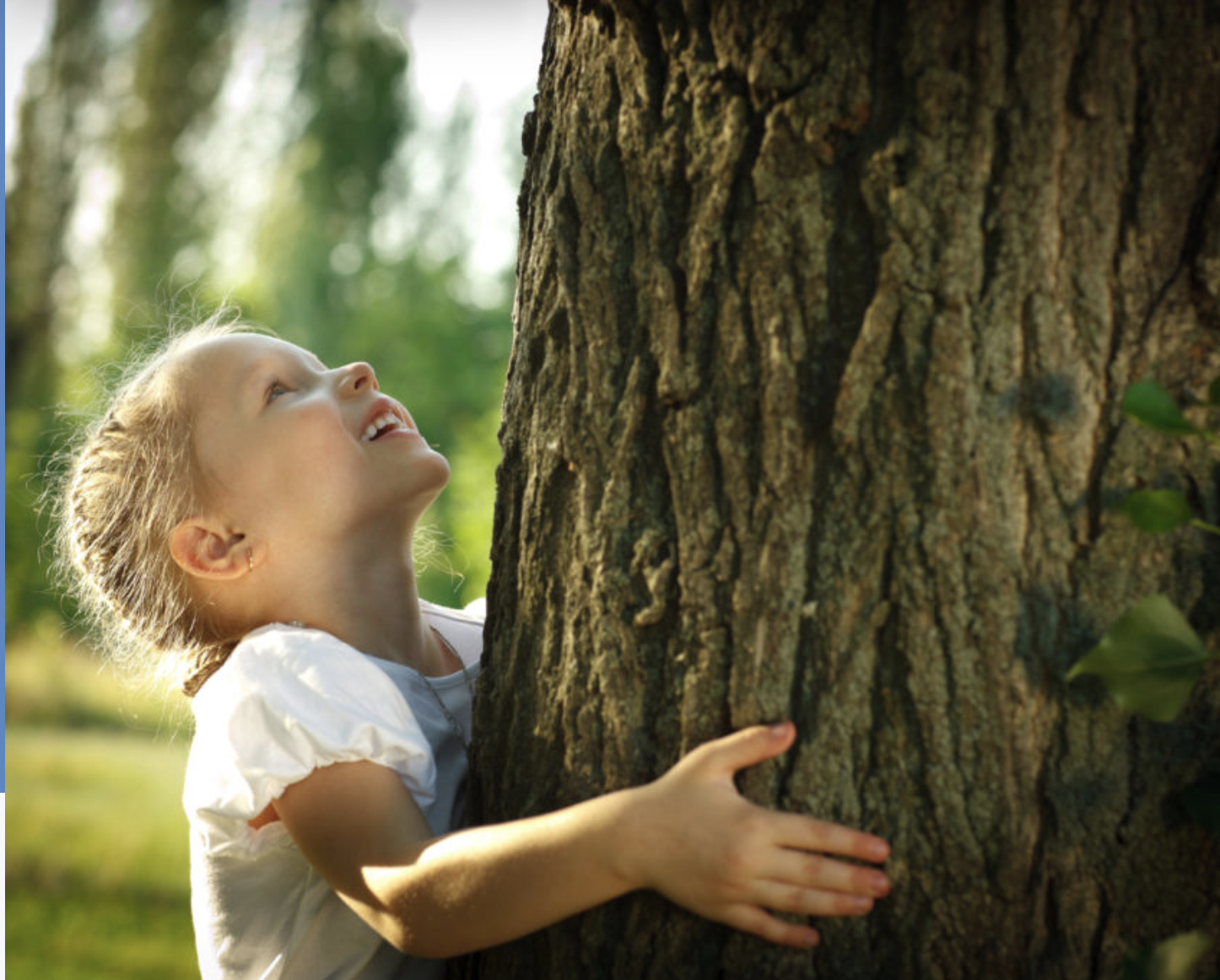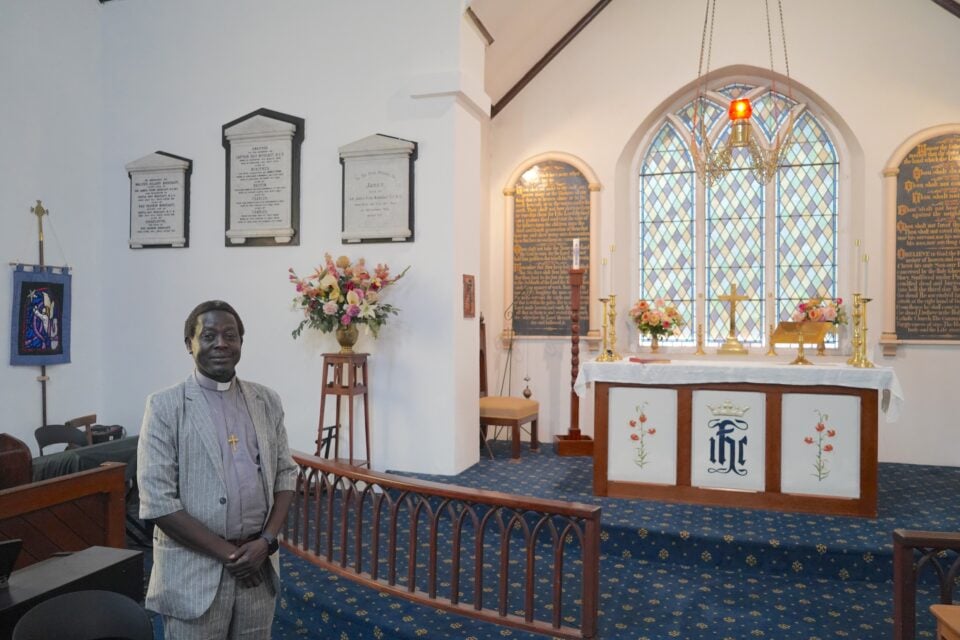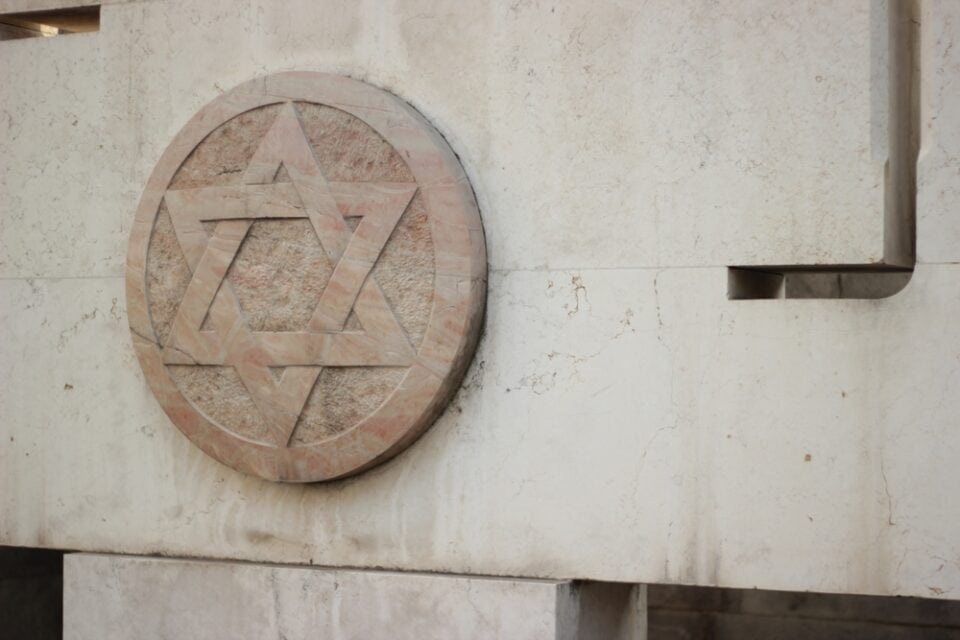For much of the 20th century, we felt that we could use the Earth’s vast treasures – animal, vegetable and mineral – with little concern for the consequences.
Sure mining, the exploitation of animals, and deforestation caused damage but the wounds would heal and the scars grow over, we thought. The pollution we poured into the ocean and atmosphere would become diluted or, at the very least, invisible.
How wrong we were.
We now know the scale of disfiguration we have caused is beyond self-healing. The open wounds grow worse, and pollution and its consequences threaten our very existence.
For Christians, this is a doubly uncomfortable realisation. Not only have we poisoned our home but we have ignored God’s will in the process. As noted in Genesis, God gave humans dominion over Earth – to enjoy its bounty but also to be custodians and care for it, as he would care for it. It is plain now that we have fallen woefully short.
To make matters worse, it is usually the poor and powerless who are most impacted by the degradation of the ecosystems that they need to sustain themselves.
We humans – all of us – need to get on board, change our ways to give Creation a helping hand and return it to a much healthier system. This way, not only do we acknowledge we are an integral part of Creation, but ongoing generations can enjoy its beauty and bountifulness as we and our ancestors have done.
The good news is there are easy and practical ways all of us can make a difference. And the more of us who get on board, the bigger difference we can make.
The Anglican Creation Care Network (ACCN), was established by the Synod of the Diocese of Adelaide in October 2017.
We are a small, emerging network (we aim to get bigger!) and we now have people involved from across the three Dioceses in the Province of South Australia. The network is eager to help you make a difference. We firmly believe people are a pivotal part of the solution and Christians, with their understanding of Creation, can lead by example. This is the introduction to a regular series of articles in the Guardian letting you know what’s going on in this space and offering tips on doing your ‘extra bit’ to Care for Creation.
What we can do to help

To help you on your way, we look at Creation Care from a range of perspectives; such as the environment, animal welfare, gardening, energy use, waste reduction and sharing our/your passion. There are simple actions in all these areas where we can make a difference.
Managing Waste
Some of the most effective help we can give Creation is to use only what we need – how easy is that? Our consumer society encourages us to BUY, BUY, BUY but by buying more than we really need (food, clothes, toys etc) we squander our precious resources, and use unnecessary energy in production and transport; likewise when we buy single use and disposable items (razors, take away coffee cups, plastic packaging etc).
Of course, even if we do buy only what we need – there will always be some waste. Now there are more and more alternative ways to manage that waste for the good of Creation – we can reuse, recycle, compost….
Appreciating Our Gardens
Apart from the beauty and produce plants provide, they are our natural companions. We breath in oxygen and breath out carbon dioxide. Plants take in carbon dioxide and ‘breath out’ or transpire oxygen. If you have your own garden – you are very lucky. If you have a gardener in the family you are even more fortunate. If not, why not give it a go – even in a pot on a balcony you could grow your favourite herb or flower. Watching plants develop from a tiny seed is truly amazing. Just stop – think for a moment – how do they do it?
Gardens serve many purposes – most of which relate to our health and wellbeing and to that of Creation. If you do not have your own garden – is there a community garden nearby? Does your church have a community garden? Could your church set aside a small space for the well being of your congregation, local community and Creation? It could be:
- A herb or vegetable garden or a dwarf orchard where fresh produce is available each/most Sundays. Freshly picked fruit and vegetables are more nutritious than those that have had a shelf life and all fruit and vegetables help maintain a healthy diet.
- A flower garden where flowers can be picked for the Church or for those on the sick list.
- A sensory garden where the colours, the scents, the textures and tastes, even the sounds of the wind and the rustle of leaves can be enjoyed by those who wander through.
- A sanctuary garden, where visitors can sit for reflection, meditation and prayer away from the bustle and noise of day-to-day life
- A butterfly garden filled with indigenous plants to attract butterflies and provide food for caterpillars
- A bird garden providing refuge, habitat and food for these delightful members of creation.
Your garden could be one of these, some of these or all of these. To get yourself inspired, check out the latest Dirty Diggings newsletter through this link. It’s put together by Rob Collett at the Picket Fence Urban Farm, St Marys. It is absolutely packed with good gardening information and a great adjunct to ACCN activities. I
Being Energy Savvy
More than 50% of South Australia’s electricity comes from the renewable sources of wind and solar. This is a fantastic effort but there still simple ways we can further reduce our greenhouse gas emissions and slow global warming and sea level rise. See our tips below…
Sharing our passion
We can’t do this alone but we can do it as the Anglican Community in South Australia, encouraging each other and showing leadership to the rest of the community. Talk about it, compare notes, learn from each other:
- your fellow parishioners
- your family…especially encourage children in their environmental appreciation. We oldies can learn a lot from listening to them and our experience has given us wisdom and ideas to pass to them.
- your neighbours and friends. Start a street swap table to exchange surplus backyard produce
- within your community. Hold a community seminar series on the Environment – (ACCN has ideas on this). Set up a Creation Care Information stall at your next Fair. This is a great way to get people talking and to show what matters to the members of your parish.
You can also check out our Ten Tips for Creation Care here.
The Anglican Creation Care Network would love to hear about the things you are doing in your parish to Care for Creation. Contact Beth at [email protected].






